
Caring for your feline friend is a top priority for any cat owner. In our ultimate guide to cat care, we’ve compiled 12 essential tips to ensure your cat’s happiness and well-being. From proper nutrition to interactive playtime, these insights will help you create a loving and fulfilling life for your beloved kitty.
Cats are treasured family members, deserving the best care. In this guide, we offer 12 essential tips to ensure your feline companion’s happiness and well-being. Let’s dive into the world of cat care and strengthen the bond with your beloved pet.
1. Proper Nutrition
Proper nutrition is essential for cats because it directly impacts their overall health and well-being. Cats have unique dietary needs that require the right balance of proteins, fats, carbohydrates, vitamins, and minerals. A well-rounded diet ensures they have the energy for play, healthy fur and skin, and a strong immune system.
Consulting with a veterinarian is crucial because they can offer tailored dietary recommendations based on your cat’s specific age, breed, weight, and any existing health conditions. Veterinarians can guide you in selecting the best cat food, whether it’s commercial or homemade, and can help you make informed choices about treats and supplements.
2. Hydration
Adequate hydration is vital for cats to maintain healthy kidney function and prevent urinary tract issues. Cats often don’t drink enough water because they have a low thirst drive, which can lead to dehydration. It’s essential to encourage them to stay hydrated by providing clean and appealing water sources.
Cats may prefer running water, so investing in a water fountain can be beneficial. Additionally, wet cat food contains more moisture than dry kibble and can contribute to their daily water intake. Regularly cleaning and refilling water bowls and ensuring fresh water is available at all times is crucial for your cat’s health.
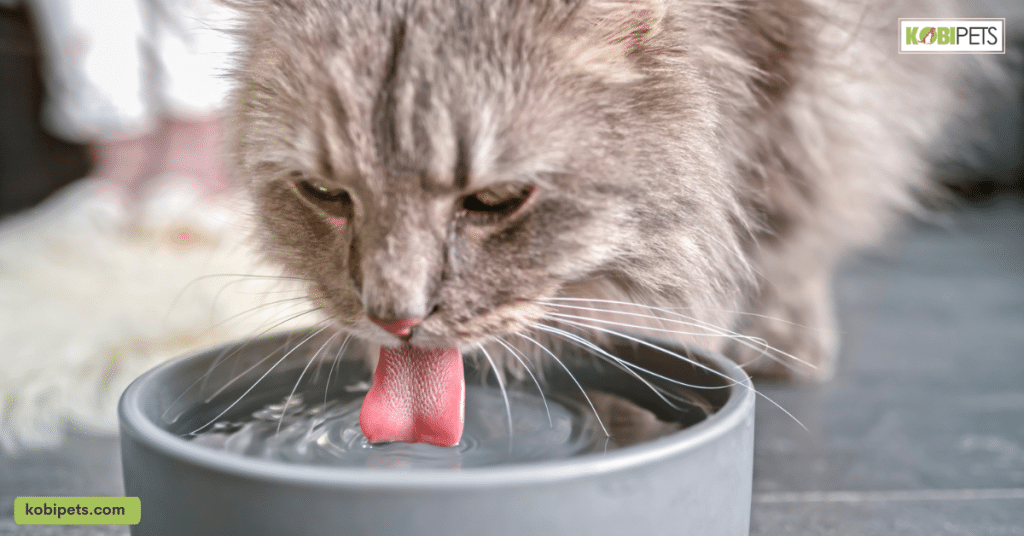
3. Grooming and Hygiene
Regular grooming is necessary for cats to prevent matting, hairballs, and skin issues. Brushing your cat helps distribute natural oils, remove loose fur, and reduce shedding. It’s also an excellent bonding activity between you and your cat.
While most cats are excellent self-groomers, some may require occasional baths to keep their fur clean and healthy. Nail trimming is essential to prevent overgrown, painful nails that can affect your cat’s mobility. Additionally, maintaining a clean litter box is crucial for your cat’s hygiene and overall happiness.
4. Exercise and Play
Exercise and play are vital for cats to prevent obesity, maintain muscle tone, and stimulate their minds. Cats are natural hunters, and playtime allows them to express their predatory instincts in a safe and controlled environment. Providing toys and playtime activities that mimic hunting behaviors can keep them engaged and mentally stimulated.
Interactive toys, feather wands, laser pointers, and puzzle feeders are excellent choices to keep your cat entertained. Enriching the indoor environment with climbing structures, shelves, and hiding spots offers additional opportunities for exercise and exploration.
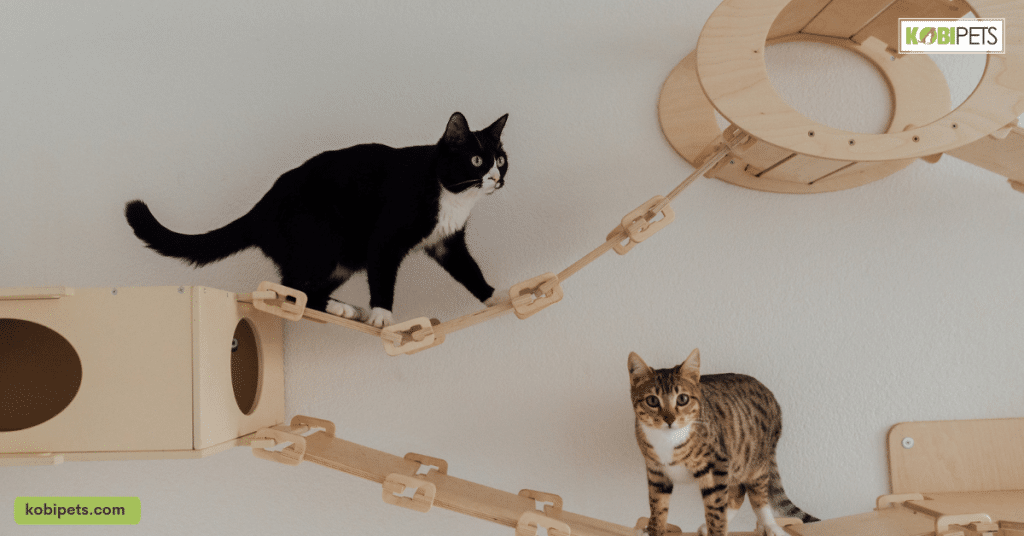
5. Regular Vet Visits
Regular veterinary check-ups are essential to monitor your cat’s health, detect potential issues early, and ensure they receive necessary vaccinations and preventative treatments. Veterinarians can also provide guidance on managing your cat’s specific health needs and any signs of illness or discomfort.
These check-ups typically include a thorough physical examination, dental assessment, and discussions about your cat’s diet and lifestyle. Vaccinations are administered based on your cat’s age and risk factors to protect against common feline diseases. Preventative treatments, such as flea and tick control and heartworm prevention, are crucial to keeping your cat free from parasites that can cause discomfort and illness.
6. Dental Health
Dental health is crucial for cats as dental issues can lead to pain and systemic health problems. Dental diseases, such as gingivitis and periodontal disease, are common in cats, especially as they age. These issues can cause discomfort, and difficulty eating, and even lead to more severe health conditions like heart and kidney disease.
Brushing your cat’s teeth regularly is the gold standard for preventing dental problems. Using a cat-specific toothbrush and toothpaste, you can remove plaque and prevent the buildup of tartar. Dental treats and toys designed to promote oral health can also be beneficial as part of a dental care routine.
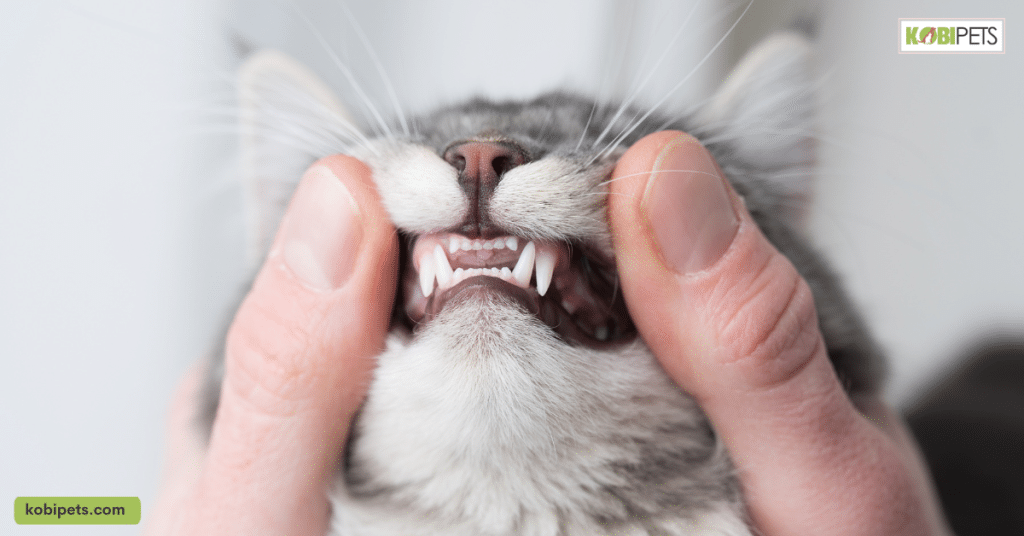
7. Parasite Prevention
Parasite prevention is essential to protect your cat from common parasites like fleas, ticks, worms, and heartworms. These parasites can cause discomfort, and illness, and even be life-threatening. Preventative measures are crucial for your cat’s health and comfort.
Topical treatments, oral medications, and collars can help prevent external parasites like fleas and ticks. Regular deworming is essential to control internal parasites such as roundworms and tapeworms. Heartworm prevention is vital in areas where heartworm disease is prevalent, as it can be a severe and potentially fatal condition.
8. Spaying and Neutering
Spaying (for females) and neutering (for males) are important procedures that not only control the cat population but also offer health and behavioral benefits. Spaying prevents female cats from going into heat, which can be a stressful experience for both the cat and the owner.
It also reduces the risk of uterine infections and certain reproductive cancers. Neutering male cats help reduce aggressive behavior, roaming tendencies, and the likelihood of getting into fights with other cats. It can also prevent certain reproductive-related health issues.
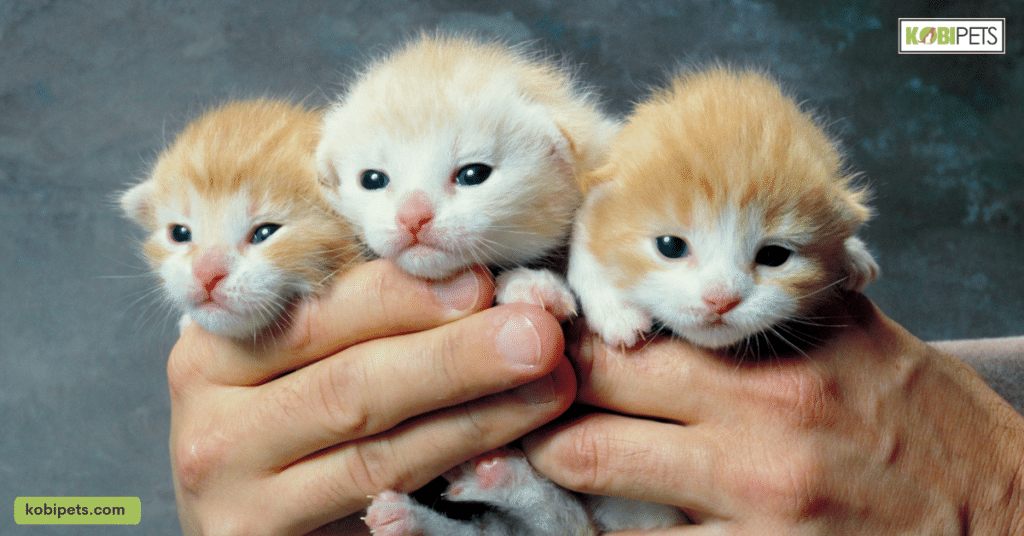
9. Environmental Enrichment
Environmental enrichment is crucial for indoor cats to prevent boredom and stress-related behaviors. Cats are natural explorers and hunters, and providing a stimulating environment is essential for their mental and physical well-being.
Stimulating toys, scratching posts, and hiding spots offer opportunities for play and exploration. Cat trees or climbing structures allow your cat to use their natural climbing instincts and provide exercise. Interactive puzzle feeders can engage their problem-solving skills and keep them mentally active.
10. Socialization and Interaction
Cats are social animals that benefit from positive interaction and companionship. Proper socialization, especially during kittenhood, helps cats develop social skills and reduces anxiety. Socialization involves exposing your cat to various people, animals, and environments in a controlled and positive manner.
It’s important to introduce your cat to new experiences gradually and in a way that minimizes fear and stress. When introducing your cat to new pets or family members, it’s crucial to allow them to become familiar with each other slowly and under supervision. Positive interaction includes playing with your cat using interactive toys and providing affection and attention.
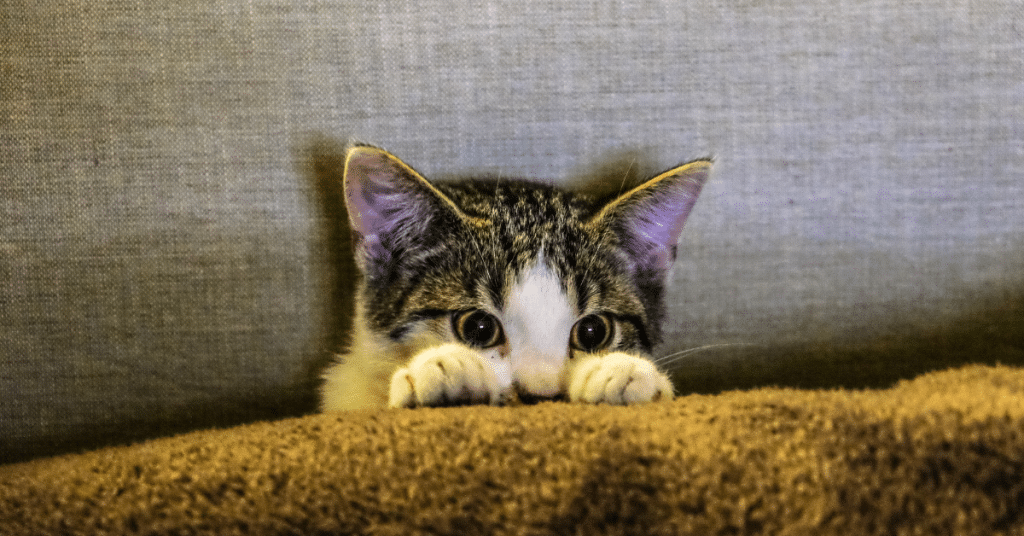
11. Stress Management
Stress can have adverse effects on a cat’s health and behavior. Identifying common stressors, such as changes in routine or environment, is crucial. Cats are sensitive to changes, and even seemingly minor disruptions can lead to stress-related issues.
Managing stress involves creating a calm and safe environment where your cat feels secure. Providing familiar objects like their favorite bed or toys can offer comfort. Positive interaction, play, and bonding time can help alleviate stress.
12. Emergency Preparedness
Being prepared for emergencies is essential to ensure your cat’s safety in unexpected situations. Emergencies can range from natural disasters like hurricanes or earthquakes to personal crises such as fires or medical emergencies.
Having an emergency plan in place and a readily accessible emergency kit can make a significant difference in your cat’s well-being during a crisis. An emergency kit for your cat should include essentials such as food, water, medications, and identification. You should also have copies of important documents like vaccination records and contact information for your veterinarian.
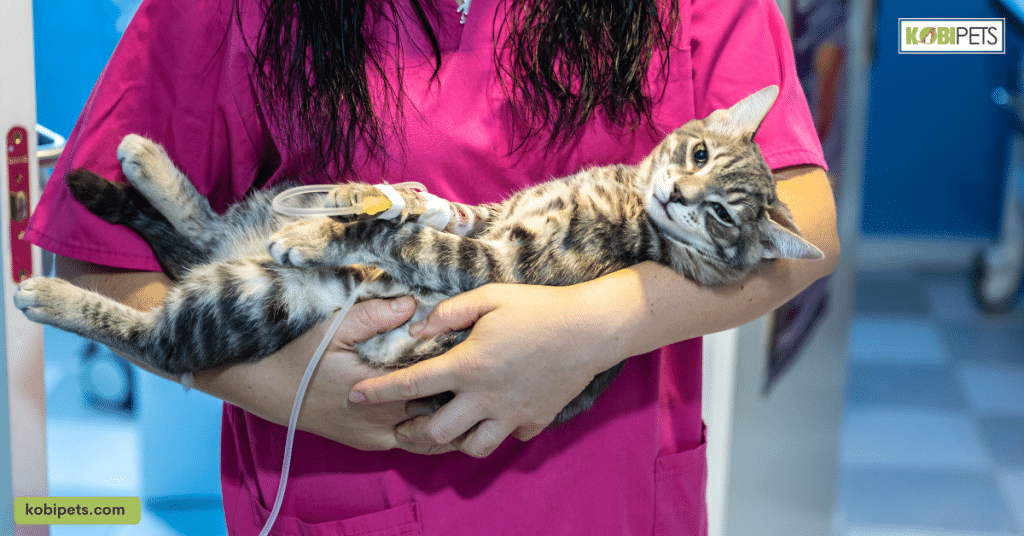
In conclusion
The care of your cat involves several key aspects. Proper nutrition, grooming, exercise, and regular vet visits are fundamental for their well-being. Spaying/neutering and parasite prevention are essential for their health and safety.
Environmental enrichment and socialization enhance their quality of life, while stress management and emergency preparedness ensure their safety in challenging situations. These tips provide a comprehensive approach to cat care, helping you create a loving and fulfilling life for your feline companion.






